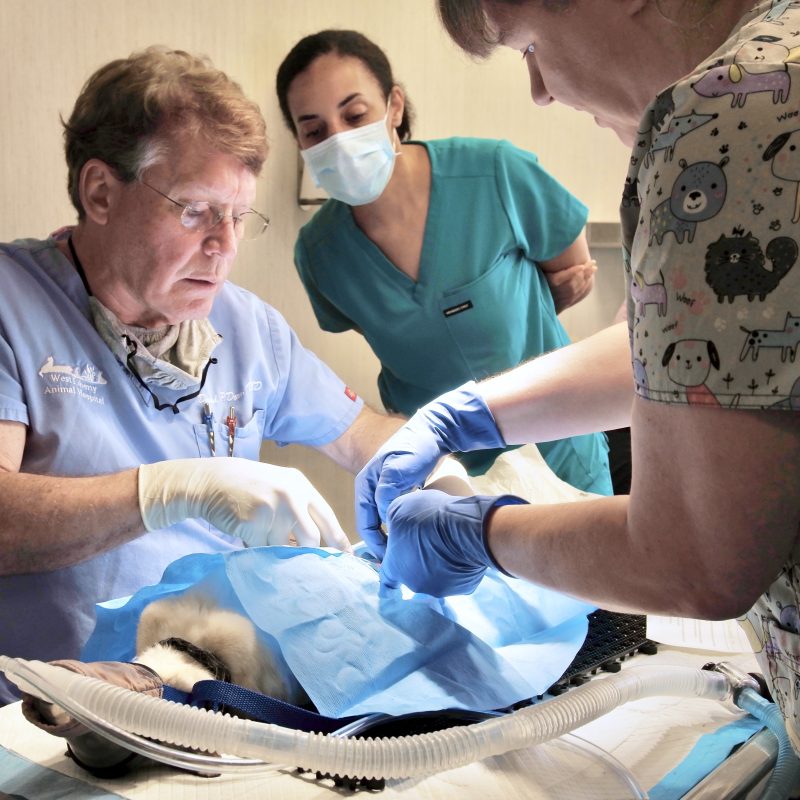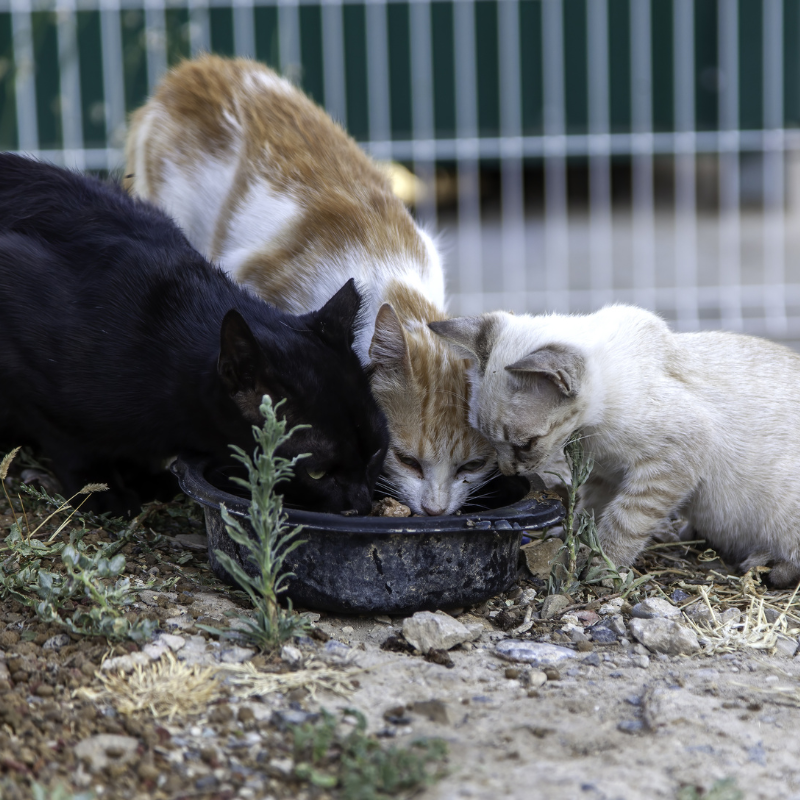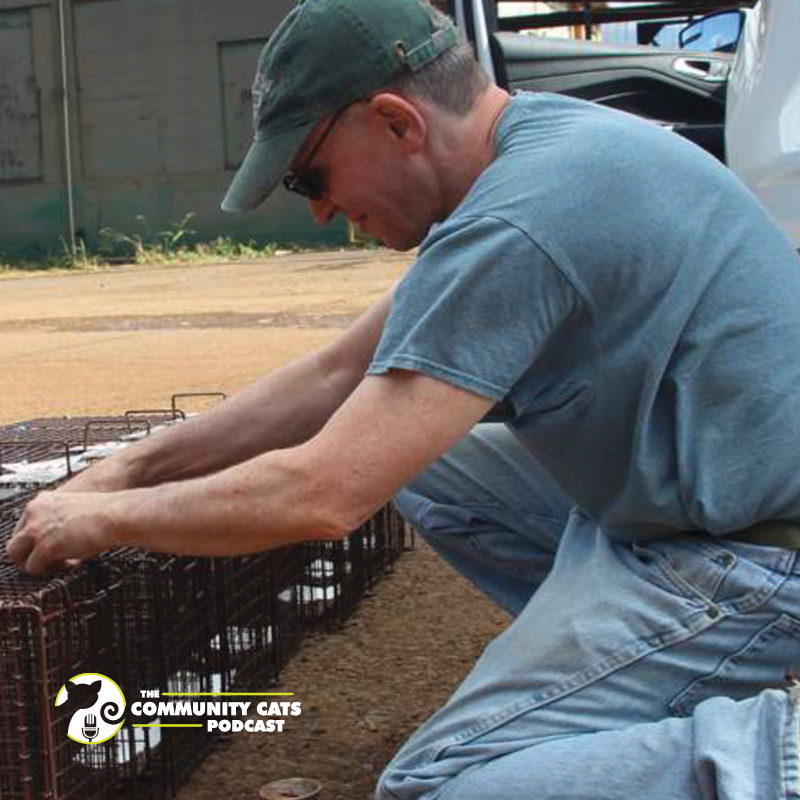
Special Episode! Trappers’ Tips & Tricks Part 1 with Bryan Kortis, Director of National Programs, Neighborhood Cats
May 31, 2022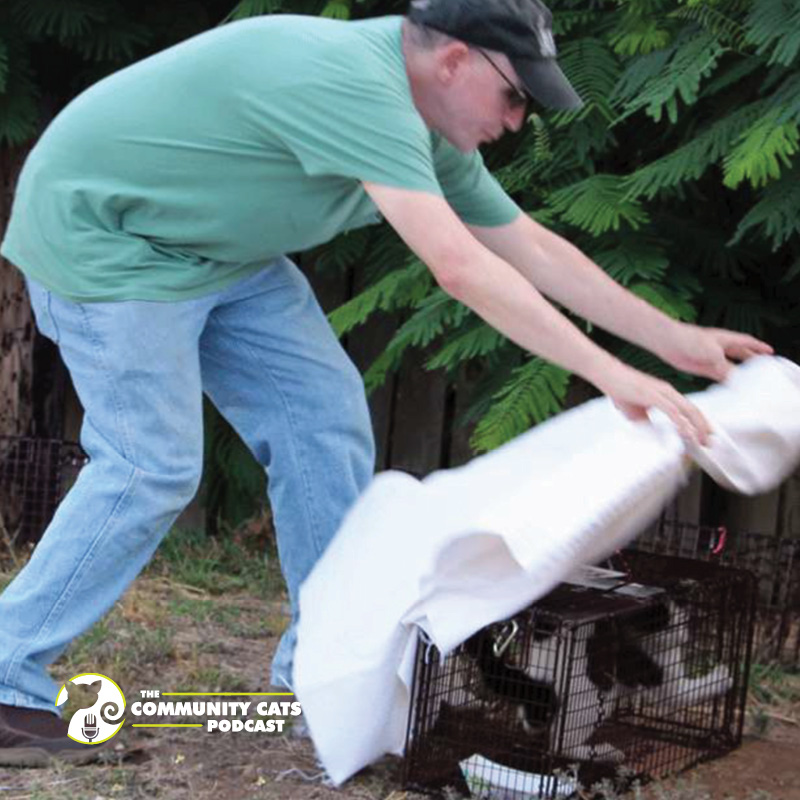
Special Episode! Trappers’ Tips & Tricks Part 2 with Bryan Kortis, Director of National Programs, Neighborhood Cats
June 7, 2022
Contributed by: The National Kitten Coalition
Get your kitten-fix during the Online Kitten Conference, June 10-12! Proudly presented in partnership with The National Kitten Coalition. Learn more and register here.
For all of you in animal welfare, especially those caring for kittens, THANK YOU! Despite the seemingly never-ending line of kittens coming into shelters and needing care, things ARE getting better for kittens. And that’s great news!
Sadly, the reason we’ve come so far in saving kittens and improving their quality of life, is that we had so far to come. Not too long ago, kittens – especially those under four weeks of age and too young to eat on their own – were routinely euthanized. Tens of thousands. All of us together have had an impact on reducing that number. But there is further to go.
Almost 20 years ago, The National Kitten Coalition was founded to prevent unnecessary euthanasia and to work with shelters, fosters, and rescues to provide or improve care and successfully raise kittens – especially bottle babies.
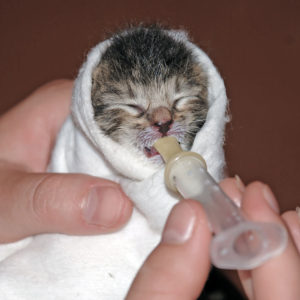 Back then, there were very few shelters or rescues that had positive options for kittens. Now, many shelters have robust foster programs specifically for kittens and a cadre of foster parents willing to give their time, talents, and love to kittens in need. Skilled foster parents, trained in how to properly care for bottle baby kittens, including knowing how to recognize early signs of illness, are saving those tens of thousands of kittens who would have previously been euthanized.
Back then, there were very few shelters or rescues that had positive options for kittens. Now, many shelters have robust foster programs specifically for kittens and a cadre of foster parents willing to give their time, talents, and love to kittens in need. Skilled foster parents, trained in how to properly care for bottle baby kittens, including knowing how to recognize early signs of illness, are saving those tens of thousands of kittens who would have previously been euthanized.
There are also many other resources available now that did not exist to the extent that they do today. Trap, neuter, return (TNR) and early spay-neuter programs have made a considerable difference in the number of kittens being born every year and being brought to shelters and rescues. Shelter Medicine programs now exist, teaching our future veterinarians about the unique needs of shelters and the animals cared for there. More and more shelters have at least one veterinarian on staff or as a contracted provider to monitor the health of shelter animals and to provide for the medical and surgical needs of the animals. Some shelters have several veterinarians and technicians/nurses on staff with full surgical suites, treatment areas, and technology like blood-chemistry machines, x-ray and ultrasound machines, and other equipment to help diagnose and treat whatever comes their way.
Communities and individuals are also stepping up to help kittens. Programs like American Pets Alive’s Human Animal Support Services (HASS) are helping to keep pets and their people together and animal welfare is shifting to a community approach.
All of the strides forward noted above – and many more – have saved thousands of lives. And, there are always improvements and new resources being added to our kitten-saving resources all the time. Learning opportunities like the Online Kitten Conference and the NKC Veterinary Conference provide attendees with information often not available elsewhere and which focuses specifically on kittens and their care. These conferences provide truly life-saving information to all people who care for kittens, or who just love them and want to know more about how to get involved, or how to provide a better life for their own kittens.
Yes, kittens have come a long way, and thanks to the thousands of people working to give them a chance at life, and a better quality of life, kittens’ futures are getting brighter every day.
Want to be a part of the growing movement that transforms the lives of kittens? Check out your local shelter and rescue groups to see how you can help, share life-saving information so more people can know how to help kittens, attend some training courses and provide foster care for kittens. There are so many ways to get involved and help kittens. Thank you! Additional kitten information is available at KittenCoalition.org.
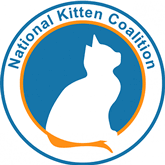 The National Kitten Coalition (NKC) is dedicated to increasing the survival rates of kittens. The NKC believes that all kittens should be given a chance to grow and thrive through life-saving educational programs and positive partnerships among shelters, rescues, veterinarians, and the public. NKC’s mission is to increase kitten survival rates and transform their lives through the power of education. For more information about NKC, visit https://kittencoalition.org or find them on Facebook at https://www.facebook.com/kittencoalition
The National Kitten Coalition (NKC) is dedicated to increasing the survival rates of kittens. The NKC believes that all kittens should be given a chance to grow and thrive through life-saving educational programs and positive partnerships among shelters, rescues, veterinarians, and the public. NKC’s mission is to increase kitten survival rates and transform their lives through the power of education. For more information about NKC, visit https://kittencoalition.org or find them on Facebook at https://www.facebook.com/kittencoalition

